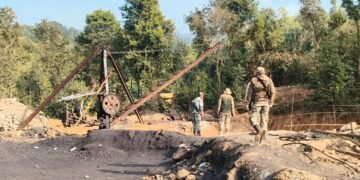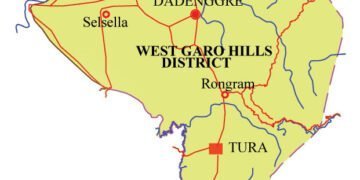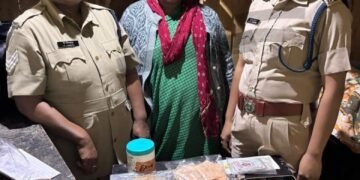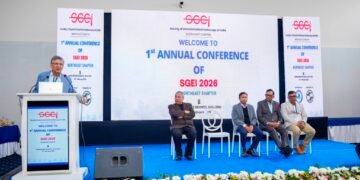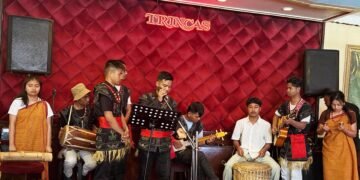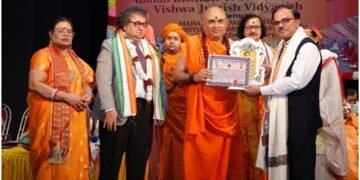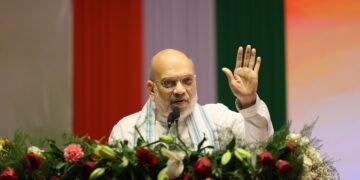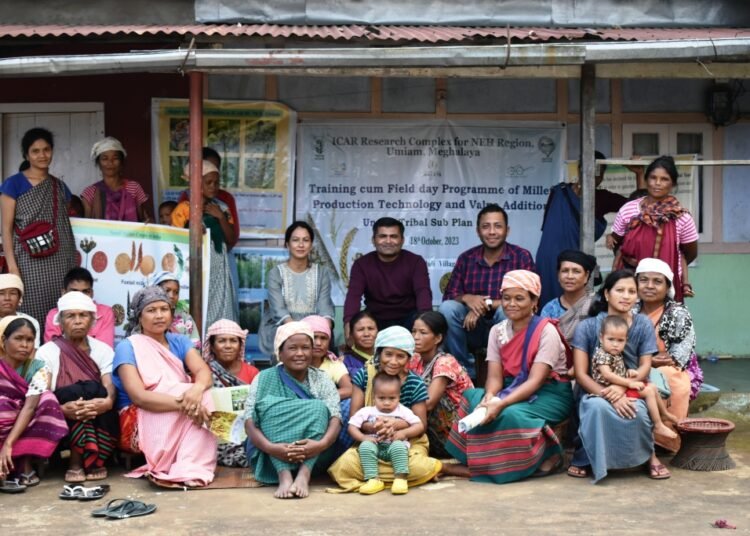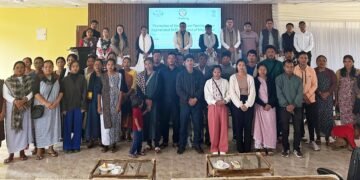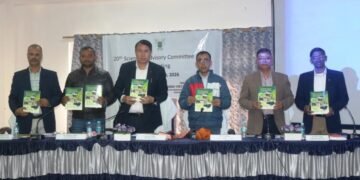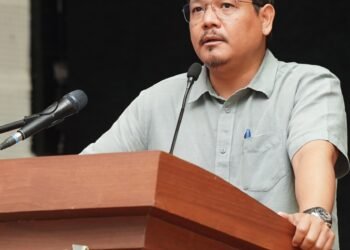A three-day training-cum-field day programme on ‘Millet Production Technology and Value Addition’ was conducted from October 16 to 18 by the Division of System Research and Engineering (DSRE) at the ICAR Research Complex for NEH Region in Umiam.
The programme was attended by 25 farmers from various villages of Ri-Bhoi district and Jaintia Hills, including Thadnongiaw, Umeit, Mawbri, Khliehumtrew and Khanduli.
S Hazarika, Head of division and nodal officer of the Tribal Sub-Plan (TSP), inaugurated the event and emphasised the historical significance of millet cultivation within the indigenous communities of Meghalaya.
The event featured presentations by the scientists of the division, namely B Makdoh, Krishnappa R, Debashish Chakraborty, Letngam Touthang and Prabha Moirangthem, who provided insights into promotion of millets in Meghalaya, giving special emphasis on improved technologies and encouraging farmers’ engagement in high-quality millet production.
Millet grains were highlighted for their ability to thrive in harsh environmental conditions, offering a solution to food scarcity, especially during dry seasons. The experts further shared information on integrated production technologies, including organic practices, nutrient management and pest and disease control for millet cultivation.
The event also showcased the potential for entrepreneurship development through various food processing technologies, enabling the transformation of millets into value-added products. A collaborative program with KVK Jaintia Hills was also organised at Khanduli, West Jaintia Hills, to discuss millet production technology, constraints and future scope for improvement.
Various inputs like improved millets (4 kilogrammes), organic pesticides (3 litres), seeds of peas (20kg), french bean (10kg), spinach (4kg), cauliflower (100g), cabbage (80g) and broccoli (80g) were also distributed to the farmers.


